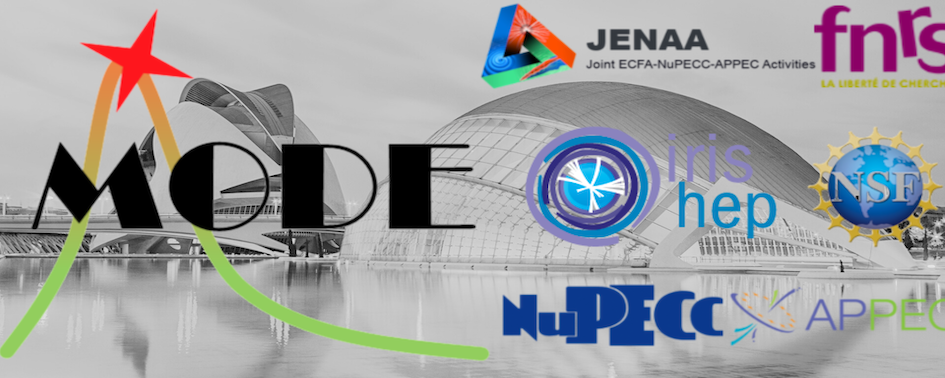Speaker
Description
Positron Emission Tomography (PET) is a functional imaging technique in nuclear medicine in which a radioactive tracer is injected into the patient to examine metabolic and physiological processes. Reducing the radiation dose to the patient is desirable and can be achieved by administering lower amounts of radiotracer. However, low-dose examinations result in increased noise level in the reconstructed images. To address this challenge, we have proposed a novel approach, Progressive Elimination of Noise Towards Accurate Ultra Low-Dose PET Images Using 3D U-Net (PETAL-3D). PETAL-3D iteratively improves the image quality of low-dose images by leveraging several sequential 3D U-Nets. PETAL-3D was trained on datasets of full and lowered dose scans from two state-of-the-art total-body PET scanners: Siemens Biograph Vision Quadra and United Imaging uEXPLORER. PETAL-3D's performance was compared against a 4-mm Gaussian filter, a traditional 3D U-Net, and an anatomically guided 3D U-Net. The results demonstrated that PETAL-3D significantly enhances image quality, as evidenced by global and local metrics, without introducing artifacts. This study underscores the potential of integrating deep learning in medical physics to optimize ultra-low-dose PET imaging. Since the application is done at the image level, it can be translated to other imaging systems and modalities.
